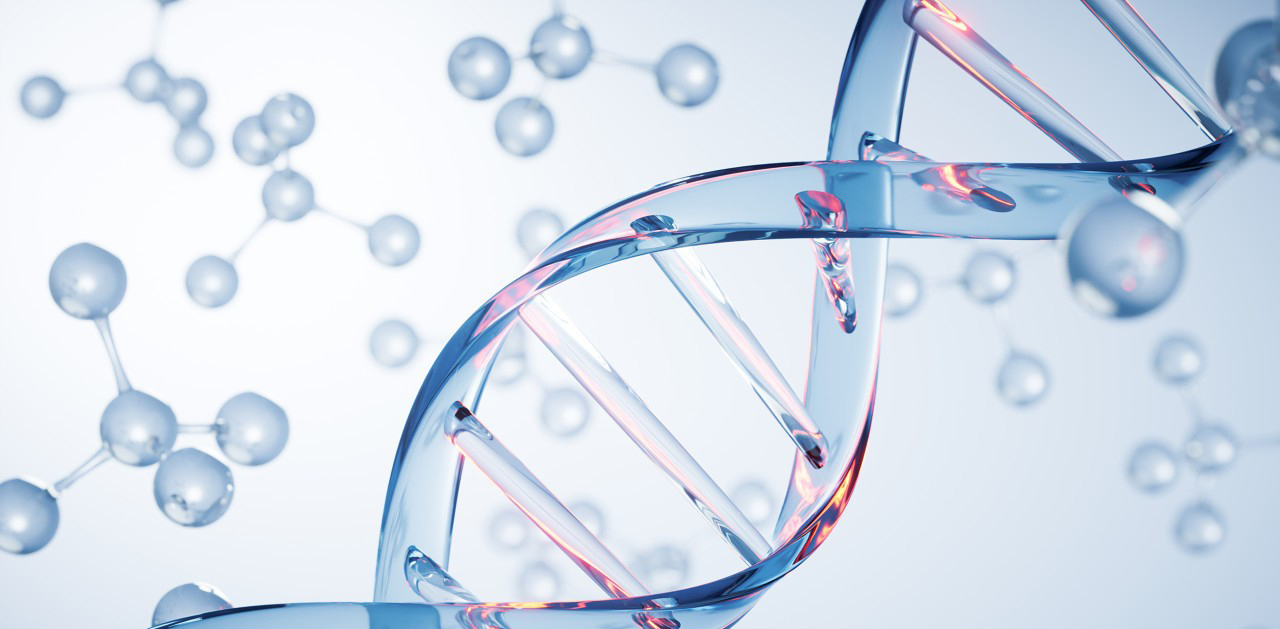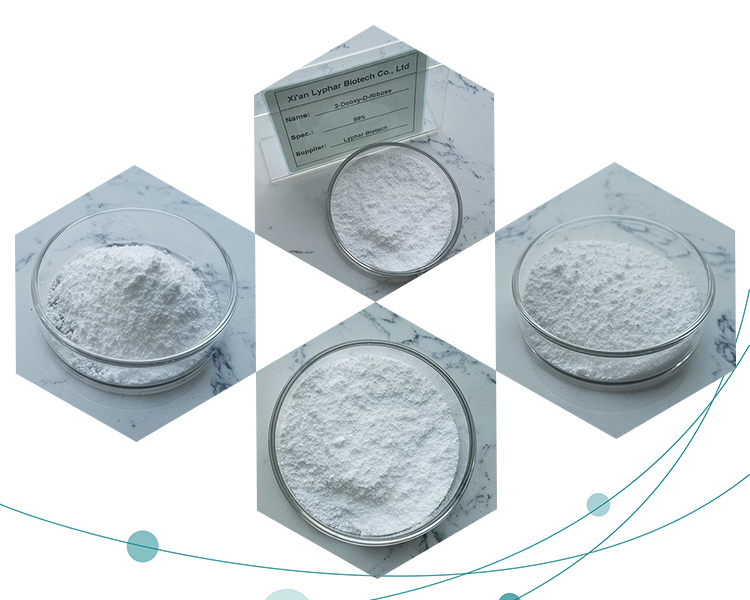2-Deoxy-D-Ribose is a naturally occurring sugar that forms the backbone of DNA. It plays a role in cellular metabolism and oxidative stress responses. It has been studied for its potential effects on cancer, neurodegeneration, and cardiovascular health.
Effectiveness of 2-Deoxy-D-Ribose
While research is still in its early stages, here are some areas where 2-Deoxy-D-Ribose has been studied:
1.Anti-Cancer Potential
- Some studies suggest that 2-Deoxy-D-Ribose may induce apoptosis (cell death) in cancer cells by disrupting their metabolism.
- It has been proposed as a potential treatment for cancer, but clinical applications are not yet well-established.
2.Energy Metabolism & Mitochondrial Function
- 2-Deoxy-D-Ribose is involved in nucleotide metabolism, which is critical for DNA synthesis and repair.
- It has been suggested that it might have a role in mitochondrial dysfunction-related diseases, but more studies are needed.

3.Oxidative Stress & Inflammation
Some research suggests 2-Deoxy-D-Ribose can induce oxidative stress, which may contribute to both beneficial (cancer cell death) and harmful (cell damage) effects.
Side Effects of 2-Deoxy-D-Ribose
2-Deoxy-D-Ribose has been reported to cause:
- Increased Oxidative Stress – May contribute to cellular damage and aging.
- Cytotoxicity – At high concentrations, it may be toxic to normal cells.
- DNA Damage – Due to its involvement in oxidative stress, it might increase the risk of mutations.
- Metabolic Imbalances – Can interfere with normal glucose metabolism and lead to metabolic disturbances.
- Potential Cardiovascular Effects – Some studies suggest it may affect heart function, but more data is needed.
Special Precautions of 2-Deoxy-D-Ribose
- Cancer Patients: While some studies suggest it may help target cancer cells, its effects on normal cells must be considered.
- Diabetics: May interfere with glucose metabolism and insulin function.
- Pregnant & Breastfeeding Women: Insufficient data on safety—should be avoided unless recommended by a doctor.
- People with Heart Conditions: Possible effects on cardiovascular health warrant caution.

Conclusion
2-Deoxy-D-Ribose shows potential in cancer therapy and metabolic research but also poses risks, including oxidative stress and cytotoxicity. It is not widely used as a therapeutic agent yet, and more clinical studies are needed to fully understand its effects. Always consult a healthcare provider before using it for medical purposes.
